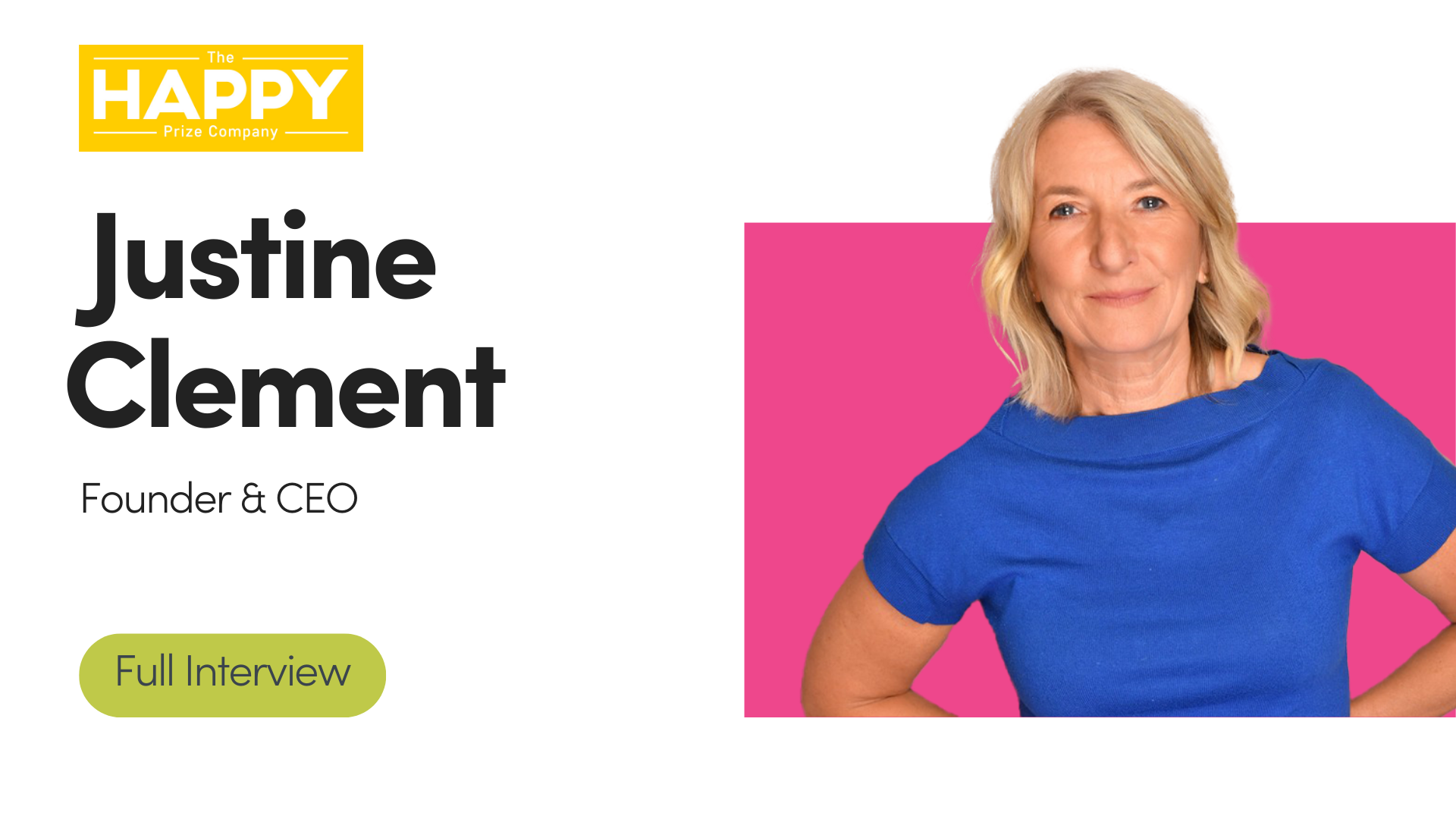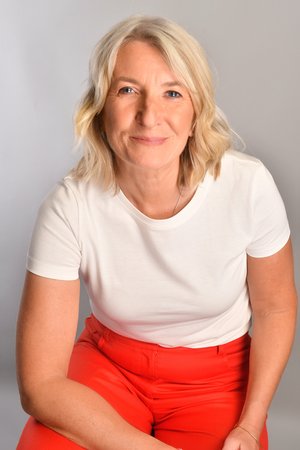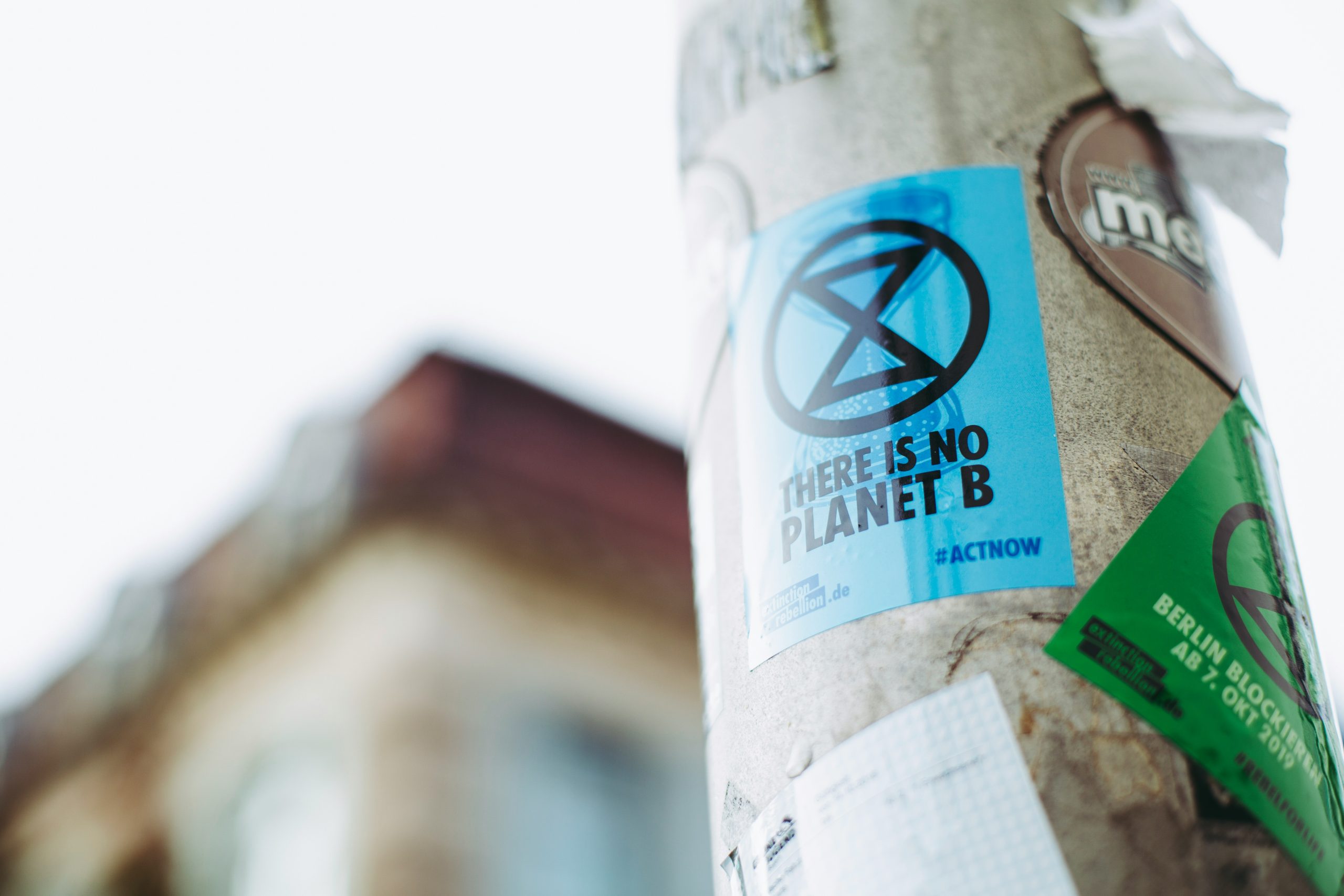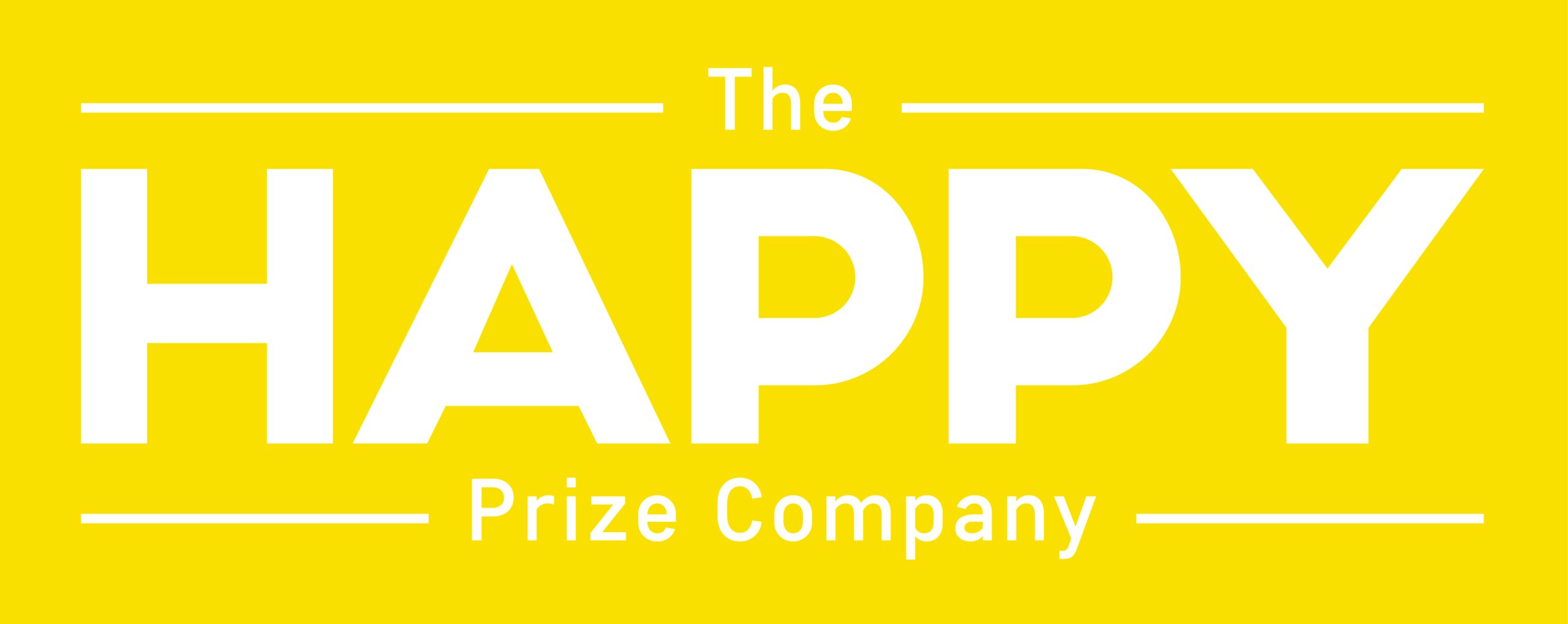B Corp Certification and Responsible Travel with Justine Clement
In this interview, Justine Clement, founder and CEO of The Happy Prize Company, discusses various aspects of B Corp certification and its implications for businesses, particularly in the travel industry. With a passion for disrupting traditional business paradigms and a deep-rooted belief in the power of purpose-driven enterprises, Justine shares her journey to becoming a certified B Corp. From the initial spark of inspiration ignited by a close friend to the rigorous examination of The Happy Prize Company’s social and environmental impact, her narrative encapsulates the essence of conscientious entrepreneurship in today’s ever-evolving landscape.
Ready to turn up the volume on your next campaign? Contact news@promomarketing.info

In this interview, Justine Clement, founder and CEO of The Happy Prize Company, discusses various aspects of B Corp certification and its implications for businesses, particularly in the travel industry. With a passion for disrupting traditional business models and a deep-rooted belief in the power of purpose-driven enterprises, Justine shares her journey to becoming a certified B Corp. From the initial spark of inspiration ignited by a close friend to the rigorous examination of The Happy Prize Company’s social and environmental impact, her narrative encapsulates the essence of conscientious entrepreneurship in today’s ever-evolving landscape.


Paths to Purpose
Paths to Purpose
Key Takeaways
Key Takeaways



The Happy Prize Company has been a certified B Corp for over three years now. Could you share the story of this journey and what led you down this path?
My journey into the world of B Corps began with a conversation with my friend Andy Middleton, who founded a very special kind of educational adventure company (TYF) in St David’s, Wales, becoming one of the first B Corps in the UK. Andy spoke with great passion and his enthusiasm sparked my interest. I’ve always been drawn to disruptive ideas, and I remember thinking, ‘This is the future of business’.
Around five years ago, I decided to put my own company, The Happy Prize Company, through the rigorous B Corp assessment process. It was an eye-opening experience that took us two years to complete. Throughout the process, we learned invaluable lessons about our business and its impact on society and the environment.
B Lab, the organisation behind B Corp certification, has seen significant growth, with over 6,000 B Corps worldwide and roughly 1,700 in the UK alone. Our journey coincided with B Lab UK’s own learning curve, but the fundamental purpose remained clear: to become better businesses, not to boast superiority over others.
While the process may be quicker now, depending on the size of the company, our early involvement allowed us to contribute to shaping the movement as it gained momentum. Ultimately, it was the passion of a friend and the desire to be part of something transformative that set us on this journey, one that continues to inspire us to be better every day.
What is B Corp certification, and how does it differ from traditional business standards?
B Corp certification is granted by B Lab, a non-profit organisation originally based in the United States but now has offices worldwide. They conduct a rigorous assessment known as the B Impact Assessment, which evaluates social and environmental performance against the highest standards. This process emphasises transparency and legal accountability to balance profit with purpose.
B Corps operate with a mindset that acknowledges the interconnectedness of humanity and the planet, understanding that our actions impact others and the environment. These businesses prioritise long-term values over short-term gains, distinguishing themselves through their commitment to sustainability and ethical practices.
“B Corps operate with a mindset that acknowledges the interconnectedness of humanity and the planet, understanding that our actions impact others and the environment”.
Reflecting on the past three years, what moments have been the most educational?
For me, education isn’t just about acquiring knowledge but also about unlearning and evaluating previously held beliefs. In a world where opinions shift and evolve, it’s essential to approach information with a critical mindset. What we once considered factual may no longer hold true. One recent example that caught my attention was contrasting reports on resource consumption.
WWF suggested that we’ve already depleted 30% of the world’s resources in the last 30 years, while another article in the Wall Street Journal proposed that we may never run out of certain resources like energy metals and minerals. These conflicting narratives remind me of the need to remain flexible in my understanding of complex issues.
It’s not always about what you’ve learned, but unlearning and then relearning something else. Embracing this mindset of continuous learning has been integral to shaping my approach to business and sustainability.
“Education isn’t just about acquiring knowledge but also about unlearning and evaluating previously held beliefs”.
What challenges has The Happy Prize Company encountered in maintaining its B Corp label?
The biggest challenge for us is actually educating our clients, primarily agencies and brands, about offering responsible travel prizes, but this will no doubt change over the next few years. It has to.
Traditionally, prize packages have focused on short, often weekend getaways, mirroring the rise of low-cost airlines like Easy Jet and Ryanair in the 80s and 90s. However, our evolving understanding of sustainability prompts us to reconsider this approach and encourage clients to consider alternatives such as longer trips or modes of travel with lower carbon footprints, like train travel over flying for weekend getaways to cities like Paris or Amsterdam.
We recognise the practical challenges such as taking extended leave and budget restrictions. But despite these challenges, we’re committed to making incremental progress and advocating for sustainable practices within our industry. Recently, we partnered with Radisson, whose Responsible Business Pillars help them stand out for their sustainable operating methods. We’ve also formed a new partnership with a B Corp streaming service called Newyonder to offer subscription packages not only in promotional marketing campaigns, but also for organisations to inspire, educate and inform their employees on this incredible planet we live on. Collaborating with fellow B Corps in the travel sector and seeking partnerships with like-minded companies in promotional marketing are vital steps towards creating a more sustainable ecosystem.


Where does the People aspect fit in maintaining B Corp status?
People are the heart and soul of any business. They encompass various roles, from suppliers to employees, and their treatment and well-being significantly impact the overall sustainability and ethical standing of a company. Instances like BrewDog losing its B Corp status due to allegations of mistreating workers underscore the importance of walking the talk.
They were called hypocritical because they ran a campaign during the World Cup which highlighted Qatar’s poor human rights record. But it turns out that they were criticised by Unite Hospitality Union for the treatment of their own workers.
Treating employees fairly, ensuring their well-being, and upholding ethical labour practices are essential components of being a socially responsible business.
“Instances like BrewDog losing its B Corp status due to allegations of mistreating workers underscore the importance of walking the talk”.
What is the feasibility of achieving B Corp status for travel businesses?
There is an expectation for a company to be flawless upon obtaining B Corp certification. However, the essence of being a B Corp lies in transparency, integrity, and the commitment to ongoing improvement. It’s about acknowledging a company’s current social and environmental impact and striving for betterment gradually.
For example, Intrepid Travel, are the world’s largest B Corp travel company. While completely eliminating flights may not be immediately feasible, they actively work to offset their carbon footprint and explore alternatives like train travel whenever possible.
But being a B Corp extends beyond environmental concerns to encompass social responsibility. Intrepid Travel’s initiatives, such as implementing paid parental leave for all staff and supporting women-owned businesses in their supply chain, underscore their dedication to fostering positive social change. They now have female homestay suppliers signing their own contracts in Egypt which is really transformational and disrupting the industry.
So whilst they can’t create electric flights overnight, they can make a difference in terms of women owned businesses in countries like Egypt or improving the gender balance. There’s lots of different ways that travel companies can be a force for good and achieve B Corp status. We can’t change overnight, but we’re doing our best to do the things that are within scope right here, right now.
Often sustainability is perceived as a sacrifice. What do brands and agencies have to gain by adopting and being involved in sustainable practises?
I came home with a with a Hedgehog house this weekend. I’m going a little bit off topic here, but it’s relevant. I could have gone online and bought that Hedgehog house, but I went to this organisation called Men’s Sheds. Which is about helping (generally retired/out of work) men who may be feeling lonely and a lack of purpose. They take off cuts that get donated to them or they go and find them and make various things from wood.
So I came home with this hedgehog house but what they’ve done is also gone through the trouble of providing me with a leaflet about hedgehogs. I think it’s about 95% of hedgehogs have become extinct in this country. Why is that? Mostly because of habitat loss. Why is that? Because we’re because we’re building more and more houses, destroying more and more of their habitat, and fencing off our gardens and concreting our driveways. We’re taking away trees and not replanting. We’re not thinking about the hedgehogs or their habitat.
There’s a price to pay for everything. And whether you’re human centric, animal centric, tree centric, we’ve all got different focuses and things that mean a lot to us. There’s everything to lose and everything to gain. I mean we don’t really have a choice, do we? But we need to have hope. Feeling climate anxiety but then moving to solutions. Moving into the imagination, the disruption process and envisaging a future that we would like to see and experience not just for ourselves, but for our children, because sitting in hopelessness and despair is not going to help us at all.
The Stage is Yours
Are you ready to shine a light on your campaign? We’re all ears. Whether you’re looking to launch a cutting edge promotion, raise awareness for a cause, or drive engagement with your brand, our team is here to support you every step of the way.
Contact news@promomarketing.info and let’s make some noise!




